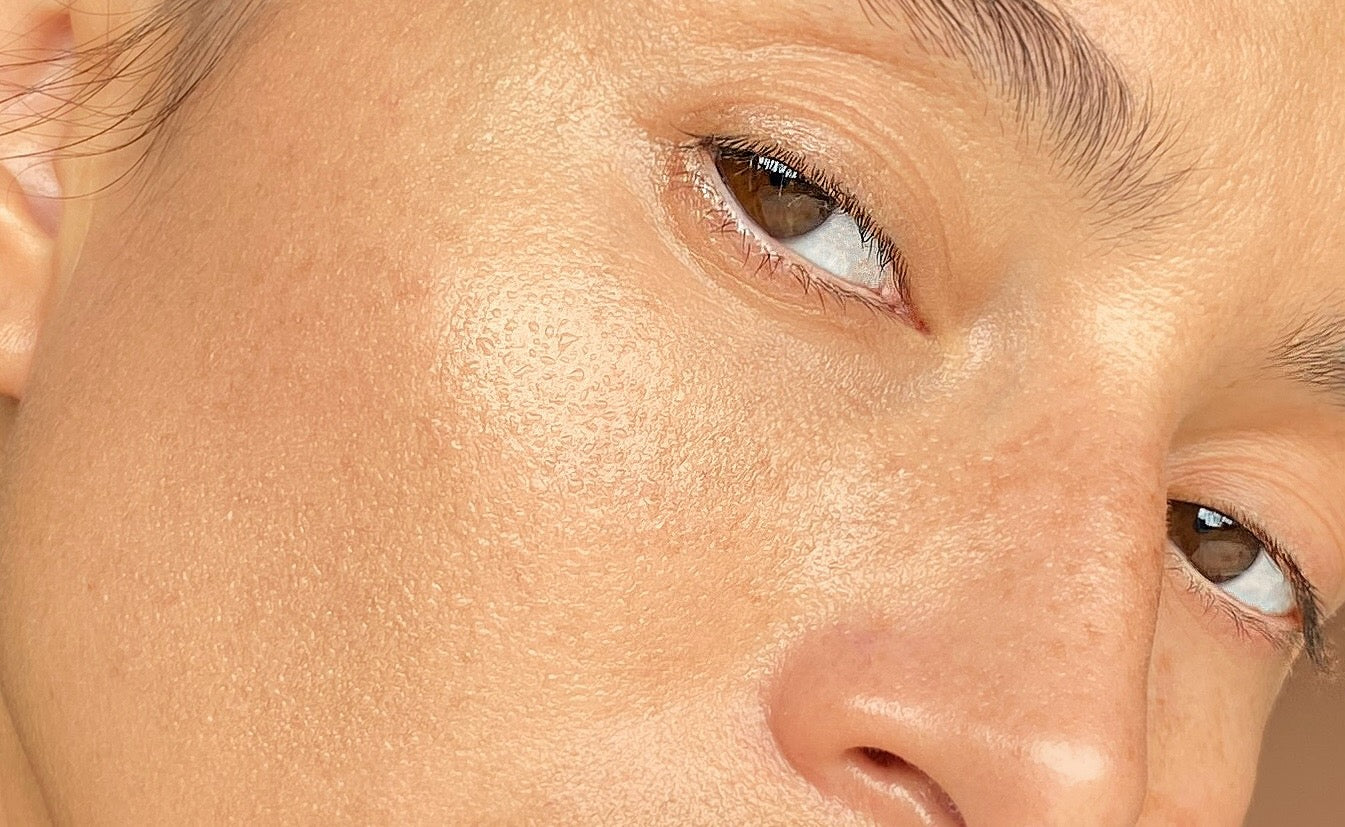

Should I apply skincare products to damp skin?
Optimising your skincare routine might just involve a simple tweak: applying products to damp skin. This straightforward yet effective method can significantly enhance the absorption and efficacy of your skincare regimen.
When products are applied to slightly damp skin, they penetrate more effectively, allowing the active ingredients to delve deeper. Damp skin is naturally more permeable, facilitating better absorption and retention of moisture within the skin layers.
Dermatologists and skincare specialists often advocate for applying skincare to damp skin, particularly for products containing humectants. Humectants, renowned for their moisture-attracting properties, perform exceptionally well when applied on slightly damp skin by enhancing the skin's hydration levels and minimising transepidermal water loss (TEWL).
Techniques to dampen your skin effectively:
Boosting skin hydration and prepping it for maximum product absorption involves some easy yet effective methods:
Water: After cleansing, avoid completely drying off and apply your skincare within a minute or so. This method not only maintains a slight dampness on your skin but also helps prevent trans epidermal water loss (TEWL), ensuring your skin retains essential moisture levels.
Toners: These balancing tonics play a pivotal role in neutralising your skin's pH, setting the stage for better absorption of subsequent skincare products. By enhancing the skin's receptiveness, toners create an optimal environment for your skincare regimen to work its magic.
Hydrating Mists: These refreshing mists offer a double benefit: not only do they impart a burst of hydration, but they also facilitate dampening the skin for improved product absorption. Their hydrating prowess makes them an excellent preparatory step in your skincare routine.
What products should I avoid on damp skin?
Prescription Skin Treatments
Potent prescription creams featuring ingredients like tretinoin, azelaic acid, hydrocortisone, or hydroquinone operate at high concentrations. Applying these treatments to damp skin might lead to skin irritation. Precision in following dermatologist-prescribed instructions is crucial due to their potency.
Exfoliating Acids
Chemical exfoliants rely on specific pH levels to efficiently exfoliate the skin. When applied to damp skin, their acidity might get compromised by the water's neutral pH. Optimal results from these products are attained when applied to dry skin, creating an ideal environment for them to function effectively.
Vitamin C Serums
Vitamin C serums, especially those with L-Ascorbic Acid, demand a specific pH for optimal efficacy. Applying these serums to damp skin could neutralize their slightly acidic formula, reducing their potency and hindering their intended radiant skin benefits.
Retinol
Potent retinol serums, when applied to damp skin, might provoke irritation. For optimal benefits without skin sensitivity, applying retinol to dry skin is recommended to ensure efficient absorption without the risk of irritation.
Sunscreen
Sunscreen or SPF-infused moisturizers struggle to create a protective layer when applied to overly damp skin. This compromises their ability to shield against harmful UV rays. Ensuring these products are applied to dry skin optimizes their effectiveness in providing sun protection.
By leveraging the benefits of damp skin application, you can elevate your skincare routine, unveiling a complexion that exudes health and vitality. Embrace the power of moisture – your skin will undoubtedly thank you for it!